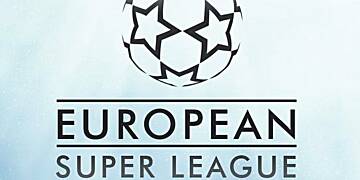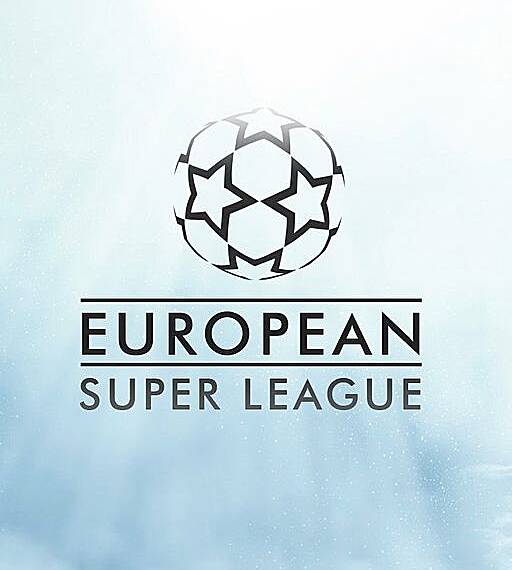The European Court of Justice (ECJ) has ruled that both UEFA and FIFA violated competition law when they thwarted the establishment of the European Super League (ESL) in 2021. The verdict marks a significant turning point in the ongoing battle between football’s governing bodies and the breakaway league proponents.
Real Madrid and Barcelona, two of the original 12 clubs that proposed the ESL, have reaffirmed their commitment to the concept following the ECJ’s decision. Super League CEO Bernd Reichart seized the moment to declare the end of the UEFA monopoly, proclaiming that football is now liberated, with clubs enjoying the freedom to shape their destinies without the looming threat of sanctions.
Reichart stated, “UEFA-monopoly is over. Football is FREE. Clubs are now free from the threat of sanction AND free to determine their own futures.” He further outlined the Super League’s vision, emphasizing its commitment to fans and clubs alike.
“For fans — we propose free viewing of all Super League matches. For clubs — we propose revenues and solidarity will be guaranteed,” Reichart announced. The promise of free access for fans and financial stability for participating clubs is expected to resonate positively with supporters and stakeholders.
The newly revealed Super League plan introduces a revamped structure, with 64 teams participating across three tiers: Star, Gold, and Blue Leagues. The Super League aims to foster healthy competition by enforcing a system based on sporting merit, with no permanent members. Annual promotion and relegation between leagues will be implemented, offering clubs the opportunity to climb or descend based on their performance.
“Participation will be based on sporting merit with no permanent members. Annual promotion and relegation between leagues. Promotion into 3rd tier Blue League based upon domestic league performance,” Reichart explained, outlining the commitment to maintaining a competitive landscape within the Super League.




















